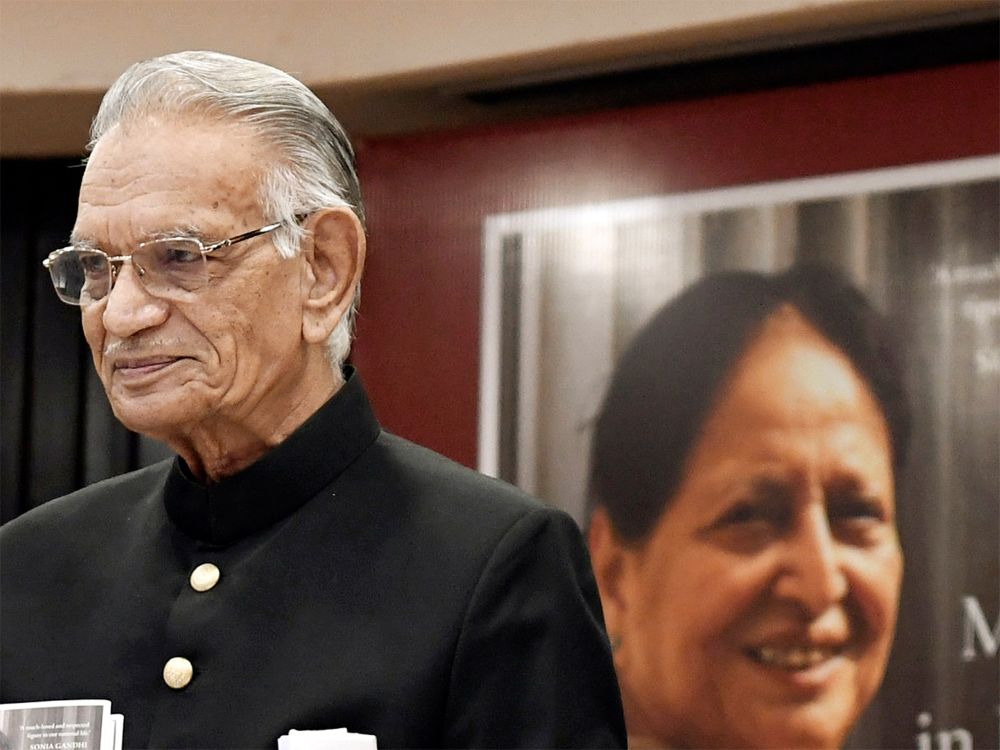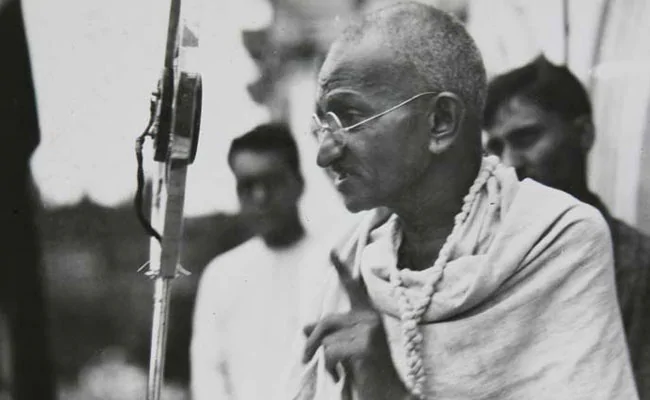The Senate voted 81-13, and the House 322-87 to override Trump’s veto earlier last week.
SHASHIDHAR NANJUNDAIAH
As the US Congress overrode President Donald Trump’s veto on the defense bill of $740 billion, it implied a condemnation of China’s aggression on India’s border since May last year.
The Line of Actual Control (LAC), a largely agreed-on imaginary line between China and India’s Himalayan territory of Ladakh, has witnessed repeated stand-offs and acts of aggression, with both sides blaming the other. The United States’ progress on the defense bill effectively marks its stand on the dispute.
The National Defense Authorization Act (NDAA), which included key components of Indian American Congressman Raja Krishnamoorthi’s resolution language urging the Chinese government to end its military aggression against India along the LAC. Amendments led by Krishnamoorthi reflect the US government’s support for its allies and partners, including India, in the Indo-Pacific region and beyond.
The bill also calls on China to work with India in de-escalating the situation along the LAC through diplomatic methods and not through coercion. “Violent aggression is seldom the answer, and this is especially true for the Line of Actual Control, which is the disputed border region that separates the People’s Republic of China from India,” Krishnamoorthi had said.
“By including my resolution language in the NDAA and signing that legislation into law, the United States government will send a clear message that China’s military provocations of India will not be tolerated. The United States is committed to standing with our allies and partners like India in resolving the border standoff using diplomatic means.”
Over the years, there has been concern over China’s military attempts at dominance in the South China Sea and the East China Sea, thereby claiming sovereignty, while Vietnam, Malaysia, the Philippines, Brunei, and Taiwan dispute China’s claims.
Much of the region that China has militarized is mineral- and oil-rich.
Mitch McConnell, Senate Majority Leader, had released a statement Friday: “It’s our chance to ensure we keep pace with competitors like Russia and China. It’s our chance to remind brave servicemembers and their families that we have their backs—with facilities, resources, and support befitting the finest fighting forces in the world. Over the past year, our colleagues on the Armed Services Committee have made sure that the legislation delivers for our troops and our nation. Now it’s time to deliver this bill.”
Although McConnell had sought to pass NDAA into law by Sunday, Congress passed it two days ahead of that timeline. The Senate was 81-13 against Trump’s veto, while the House of Representatives voted 322-87.
Trump had earlier warned that he would veto the bill, criticizing it for including measures that would regulate troop withdrawals from Afghanistan and Germany. He has also objected the bill for also containing legal immunity for social media companies.
Also read: All quiet on eastern front as India, China work for complete disengagement at LAC


























